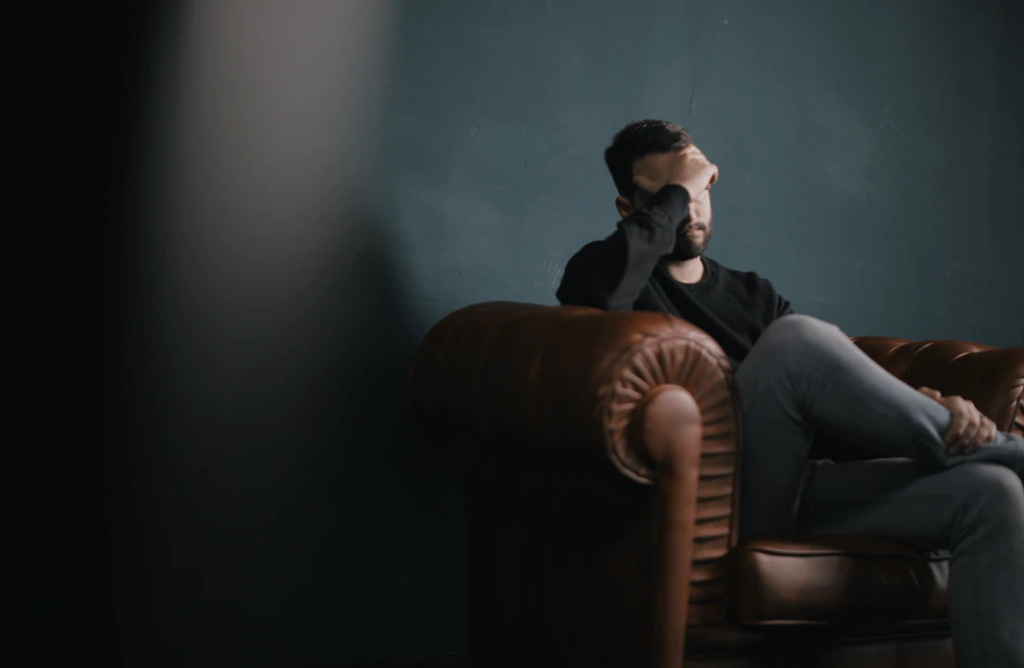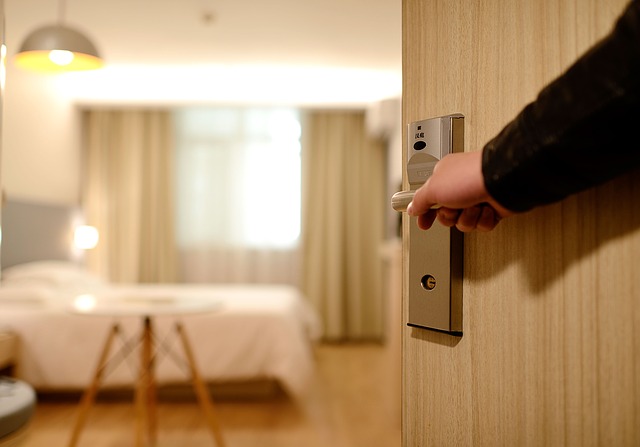5 Reasons Why You Should Never Hide Your Anxiety
There is a veritable epidemic of anxiety that the public and medical professionals are dealing with right now. More people are self-reporting that they feel anxious than ever before. The baseline of anxiety that some people are dealing with seems higher than it was a few years ago, while there are more individuals suffering from acute anxiety as well.
You can identify high-functioning anxiety with relatively little difficulty if you talk to a medical professional. There are also websites you can visit and quizzes you can take if you feel you might be afflicted with this condition.
Some people who know they have diagnosed anxiety or suspect that they have it may not know whether to hide it from those around them or let them know about it. Let’s take a few moments and talk about that.
5 Reasons Why You Should Never Hide Your Anxiety
You Might Talk to Only Certain People About It
Undeniably, every person with a medical condition must approach that condition on their own terms. This is true of anxiety just as much as any other diagnosis.
That means no two people should have precisely the same approach if they learn or suspect they’re dealing with anxiety. What works for one individual may not work for another. Having said that, many people who have anxiety decide they will tell some people about it but not others.
They might tell their family members and some of their closest friends about it. However, they may elect not to tell their coworkers or their boss.
Is It Something that Can Be Hidden?
Of course, there’s another factor that enters into it. Some people may have a hard time concealing their anxiety, even if they would prefer not to broadcast it to everyone they meet.
If you’re in this situation, you might have little choice but to tell more people about it, even if you would prefer not to. For instance, if your anxiety has gotten so bad that you can no longer leave the house to work and you would like to work from home, you may have to tell your boss. Otherwise, they may not be okay with you working remotely.
Striking a Balance
Most people who learn or suspect they have anxiety will want to strike a balance in their lives between those they tell and those they don’t. You can usually do that. You can judge whether you must explicitly tell people about your condition depending on how you live your life and what is required of you.
You might not shy away from telling people about your condition, but you may not advertise it either. If a situation arises where you have little choice but to tell people about what is happening with you because an explanation for your actions is required, that’s probably a time when you must speak up. However, if there’s no reason why you should explicitly let people know about your condition, then you can keep it to yourself.
You may find that a little experimentation will be necessary.
Conclusion
In conclusion, the question of whether to hide your anxiety or let it be known is a deeply personal decision, with no one-size-fits-all answer. It often involves talking about your feelings with only certain trusted individuals, which can provide a sense of relief and understanding. The ability to hide anxiety varies from person to person, and in some cases, it might not be feasible or healthy to keep it concealed. Striking a balance is key.
It’s about understanding your own needs and boundaries, and recognizing the situations and people with whom you feel safe to share your experiences. This balance ensures that you are not isolating yourself with your struggles, while also not feeling overwhelmed by the exposure of your vulnerabilities. Ultimately, the choice lies in finding a supportive environment where you can express your anxiety in a way that is conducive to your mental health and well-being.










